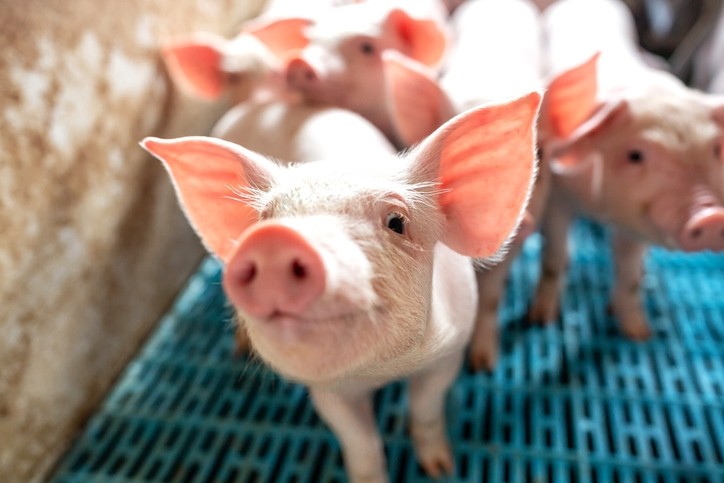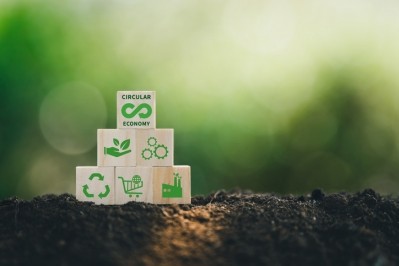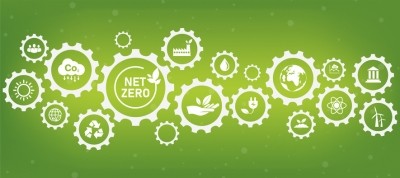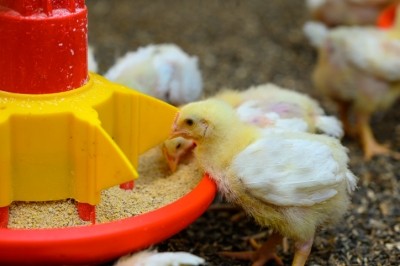Protein promise for piglets

The was the result of the thesis of Ana Cruz, from Norwegian feed manufacturer, Felleskjøpet Fôrutvikling (FKF). She will present on the findings of her PhD study at our Young Animal Nutrition Summit (YAN20), on 3-4 March next year, in Amsterdam.
During the last three years, Cruz has been PhD student at Norwegian University of Life Sciences (NMBU). Her PhD is a part of the Research Council of Norway’s industrial PhD program.
Professor Margareth Øverland, from NMBU, Cruz’s main advisor during her studies, said the results obtained in piglets and broiler chickens are very promising. “They are similar to what we found in Atlantic salmon, where we replaced up to 40% of the protein in fish meal with yeast. The yeast also had positive effects on the gut health of the fish.”
Today, said the NMBU, the most common protein sources in animal feeds in Norway are grass and grain. In addition, imported legumes and seeds, such as soybean meal and rapeseed meal are used, and also marine protein sourced in Norway. To further increase domestic as well as global food production to feed a growing population, there is a need to develop new protein sources, said the institute. “They should come from sources that are resource-efficient and utilize biomass not used directly to produce human food.”
PAP patrol
Cruz will be joined on a panel, Protein Promise for Piglets, at YAN20 by well-known Dutch academic, Paul Bikker. He is a senior researcher at Wageningen Livestock Research and will talk about some of the work he has been doing looking at the composition and nutritional value of poultry derived processed animal proteins (PAPs) for use in piglet diets.
There has been a ban on the use of PAPs in animal diets in the EU since 2000, though the ban was lifted on the use of such proteins in fish feed in 2013. The EU Commission is now working on a proposal that would allow the reintroduction of poultry PAP in pig diets and pig PAP in poultry diets, in the context of the EU’s ambitions to increase its rate of protein self-sufficiency and become less dependent on soy imports from South America.
But, in the 19 years since the ban, PAP processing methods have become harsher to guarantee the safety of animal by-products, and, as a result, the nutrient digestibility of PAPs for use in pig and poultry diets today may be affected.
Bikker’s work is part of a Netherlands focused public private partnership involving representatives of the academic, rendering and feed industries; the consortium is looking at boosting the percentage of European raw materials in feed formulations, towards the goal of a circular bio-economy.
Insights about insects
Thomas Spranghers, insect research expert, VIVES, is also joining our panel discussion on protein alternatives for piglet diets at YAN20.
Given the fact that European monogastric production highly depends on the import of protein sources such as soybean products, he has investigated whether an alternative feed raw material could be provided by insects, namely Black Solider Fly (BSF) prepupae, and not only as a source of protein, but also energy, essential amino acids, fat, fatty acids and micronutrients.
In a study carried out in 2017, he evaluated several aspects of BSF, from their potential as a feedstuff for piglets, the rearing aspects, and any possible risks regarding feed safety.
The results would indicate that a substantial amount of soybean products – meal and/or toasted beans - might be replaced by BSF without adverse effects on the performance of weaned piglets. Spranghers will go into detail about those findings and more at our event in March.
YAN20: Feed Your Mind in Amsterdam
The FeedNavigator Summit 2020: Young Animal Nutrition (YAN20) is taking stock of the newest developments in piglet and broiler chick feeding. Experts from industry and leading research institutes will share their insights into starter diets, how to ensure optimum formulation for broiler chick and piglet diets.
Day one will see talks on gut health development, how it is linked with ingredient choice, feed form, and particle size; speakers will also present on the nutritional steering of the gut microbiome without antibiotics, while a presentation on slow growing birds will stress the need for greater understanding of the interrelationship between nutrition and the immune system for that type of production model.
The findings of new research exploring the effects of feed additives in early sow gestation on fetal development and piglet birth weight will be disclosed on day two, along with insights into the lifelong impact of feeding breeding poultry and their progeny with functional dietary components.
The conference also sees an industry insider reveal his firm’s response to regulatory pressures such as reduced copper in EU piglet diets, and a panel discussion on alternatives to zinc oxide use in piglet feed.
A UK contract broiler farmer will outline the ideal rearing and feeding conditions for chicks and a Danish swine housing expert will present on the optimum environment for productive piglets.












